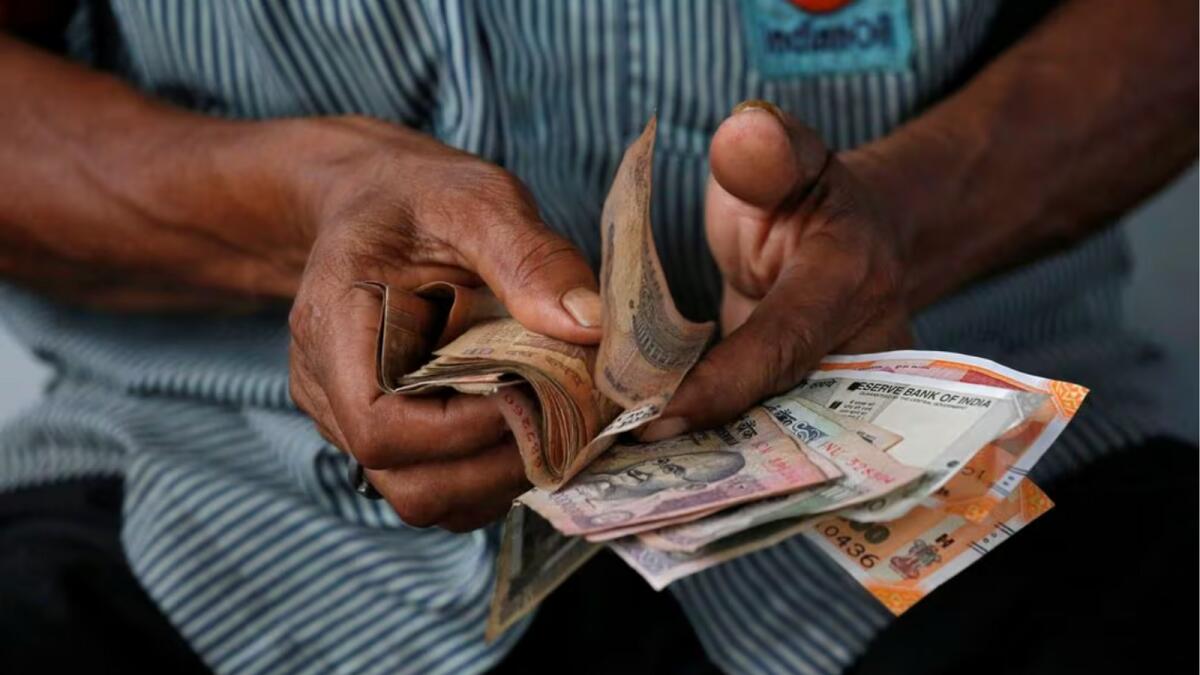The Indian rupee experienced a decline on Tuesday due to early trends in election results leading to a broad-based demand for the dollar. The lack of clarity about the performance of the Indian Prime Minister Narendra Modi-led alliance contributed to the rupee’s drop to 22.713 against the UAE dirham, down from 22.654 in the previous session. Additionally, the rupee reached an intra-day low of 22.735 in early trading. Indian equity indices, the BSE Sensex and Nifty 50, also fell nearly 3 per cent, reflecting nervousness about the election outcome and causing bond yields to climb.
The current situation has left markets uncertain and analysts are closely monitoring the developments. Early trends suggest that Prime Minister Narendra Modi’s alliance is leading, but there is a possibility that the actual tally may fall short of what the exit polls had predicted. This uncertainty has contributed to the cautious sentiment in the foreign exchange markets. Kunal Kurani, associate vice president at Mecklai Financial, noted that the market’s reaction across equities, bonds, and FX markets indicates that investors are not too pleased with the outcome so far.
While the Indian rupee struggled, other Asian currencies saw gains after weaker-than-expected US manufacturing data led to a drop in Treasury yields. This contrast in movements highlights the impact of global economic factors on currency fluctuations. It is essential for investors to stay informed and keep track of the latest news and updates to make informed decisions. Following reliable news sources such as KT on WhatsApp Channels can help individuals stay up to date with the developments that may impact currency markets.
In conclusion, the Indian rupee’s decline in response to early election results and the broader dollar demand underscores the importance of monitoring political developments in financial markets. The uncertainty surrounding the outcome of the Indian elections has created volatility in currency and equity markets, prompting investors to adopt a cautious approach. As global economic factors continue to influence currency movements, staying informed and seeking insights from financial experts can help individuals navigate through market uncertainties. The contrasting movements of the Indian rupee and other Asian currencies also highlight the interconnected nature of the global economy and the need for a holistic approach to financial decision-making.











